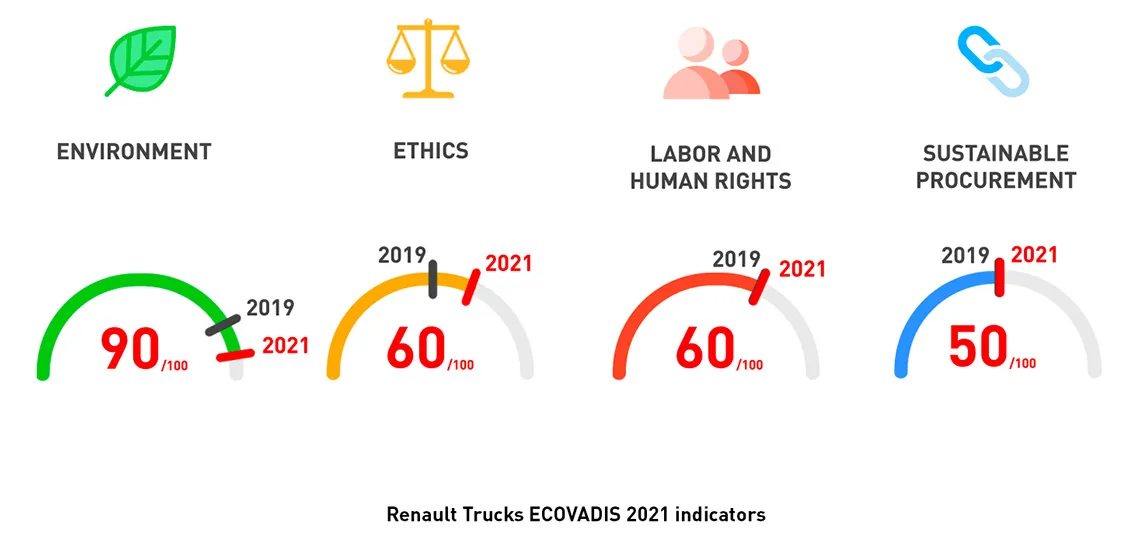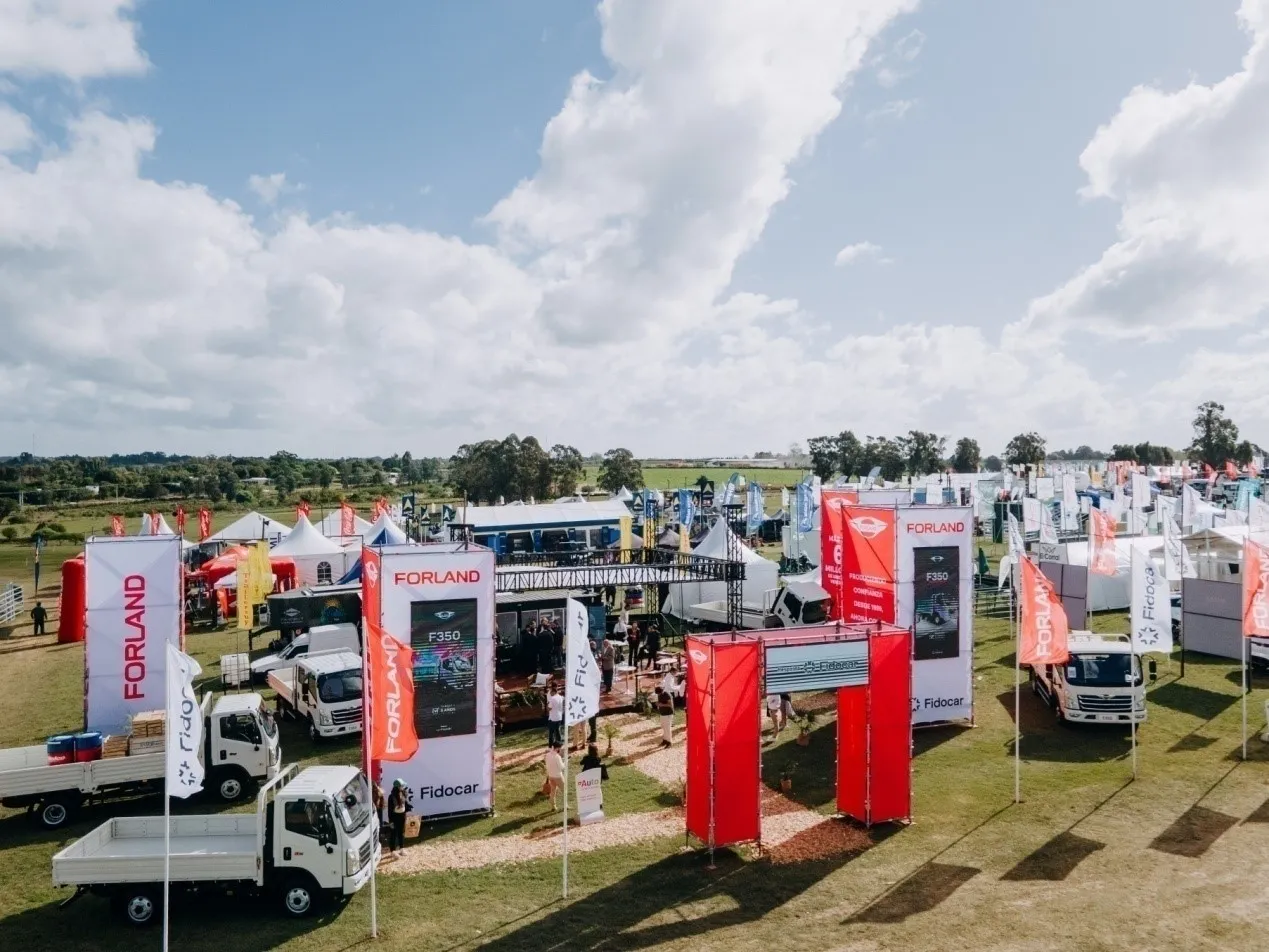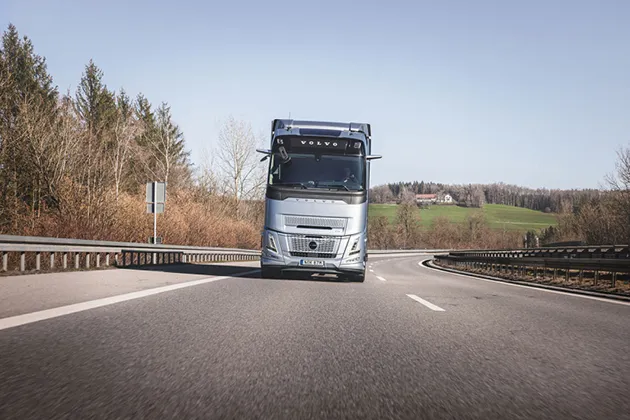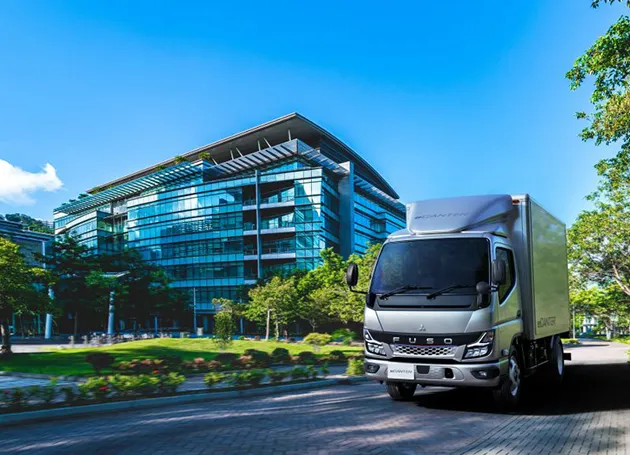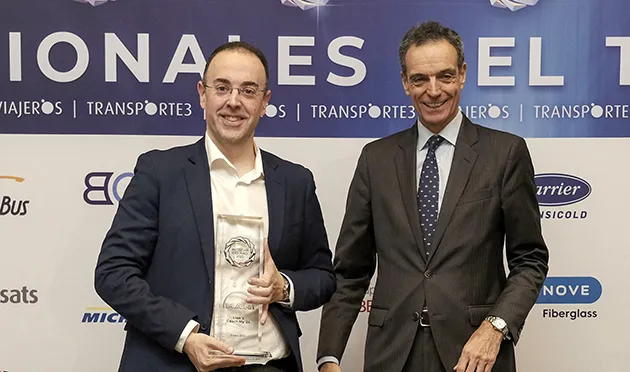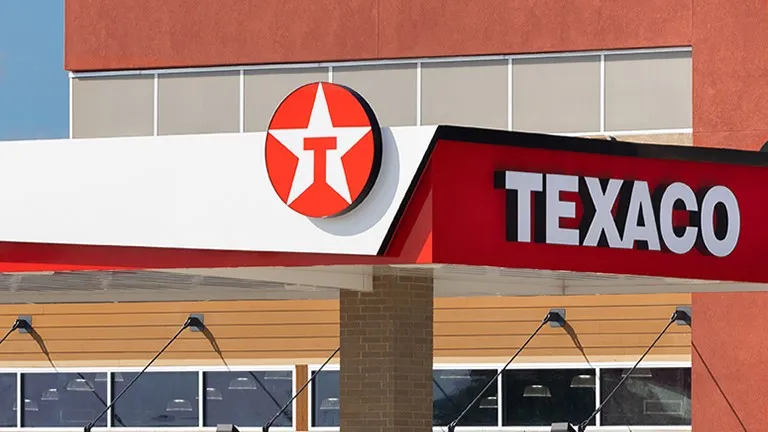Electric mobility is Renault Trucks preferred solution for combating global C02 emissions and improving air quality in urban areas.
Renault Trucks Aims of Combating Global CO2 Emissions
Electric mobility is Renault Trucks preferred solution for combating global C02 emissions and improving air quality in urban areas. Since the beginning of January 2021, in collaboration with Faure, the manufacturer has been using fully-electric Volvo buses for inter-site trips by employees at its Lyon site. This initiative will lead to savings of sixty tons of CO2 per year.
Renault Trucks has placed electric mobility at the core of its strategy and concerns, with the aim of combating global CO2 emissions. The manufacturer has adopted a similar attitude to air quality within its sites, which has led to it inaugurating a new line of fully-electric buses for employee transport on its Lyon site. Two electric buses from Volvo Bus, which is part of the Volvo group that includes Renault Trucks, have been in operation since the beginning of January 2021.
Every morning and evening, the two electric buses make return trips between the multimodal transport hub at Venissieux station and the various Renault Trucks work sites. These shuttles also transport employees throughout the day within the company premises, between the Venissieux and Saint-Priest sites. 800 employees, or around one in five, use this free service every day, making a total 175,000 passengers and 50,000 km travelled per year. Use of these electric buses will result in savings of sixty tons of CO2 per year.
The service is operated by Faure, a long-standing partner of Berliet and then Renault Trucks for employee transport, with which Renault Trucks has signed new eight-year partnership agreement. With support from Moebus, the leading source of private subsidies, Faure is the first French company to have acquired fully-electric Volvo buses.

